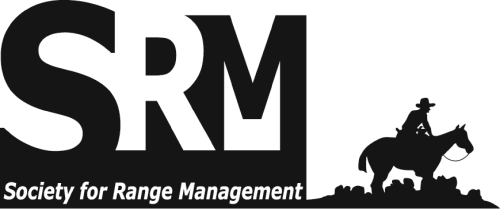Local observations of ecological change are important in developing tools for rangeland management and filling in gaps where quantitative data are lacking. Traditional ecological knowledge (TEK) is a potential source of information that can complement scientific knowledge. It may also allow policy makers and scientists to suggest solutions that will be locally relevant, and therefore effective on the ground. We conducted 40 surveys using closed-ended questionnaires followed by open-ended qualitative questions with herders in two soum (administrative districts), located in the steppe and forest-steppe of Mongolia. Respondents were asked about their observations of rangeland change and its causes in the last 20 yrs. A strong majority (75%) of all herders reported that rangeland condition was much worse than 20 yrs ago. Herders reported increases in undesirable plant species, declines in species richness, and the disappearance or decreasing abundance of specific desirable plant species. A majority of herders (90%) in the forest-steppe site reported that rangeland condition was much worse compared to herders in the steppe site (65%). In qualitative responses to open-ended questions, herders identified multiple indicators of and causes behind degradation, including very heavy grazing. In a large, sparsely populated country like Mongolia, herders' observations may serve as an early warning of rangeland change, provide insights into causes of change, and identify key uncertainties. Community-based rangeland management organizations (CBRMs) could help to translate herder observations into action by participating in formal monitoring based on herder-identified indicators and implementing changes in management in response to observed change. However, herders cannot address all issues that might be contributing to troubling ecological trends without higher-level policy coordinating rangeland monitoring and herder movements at regional and national scales.

Oral presentation and poster titles, abstracts, and authors from the Society for Range Management (SRM) Annual Meetings and Tradeshows, from 2013 forward.